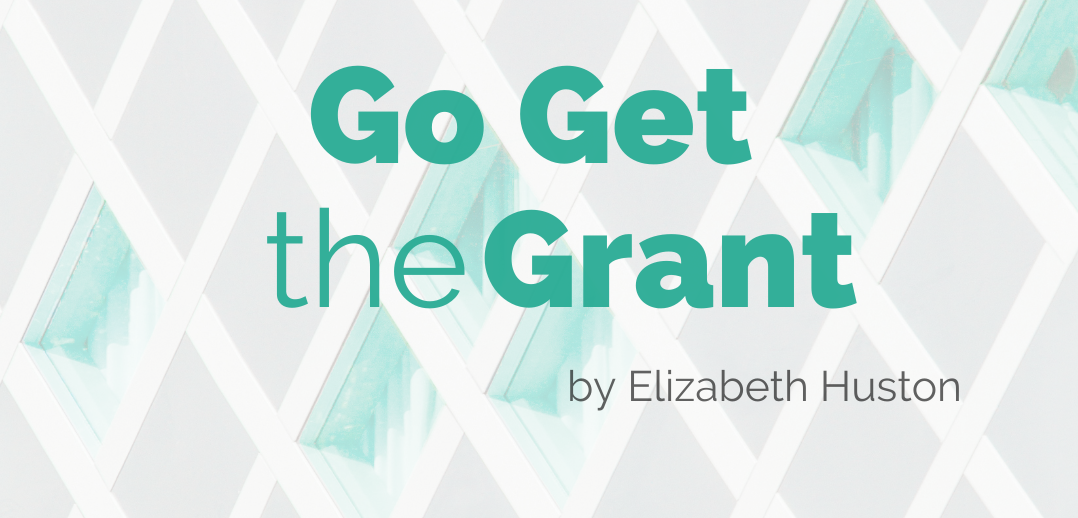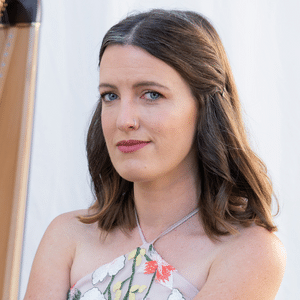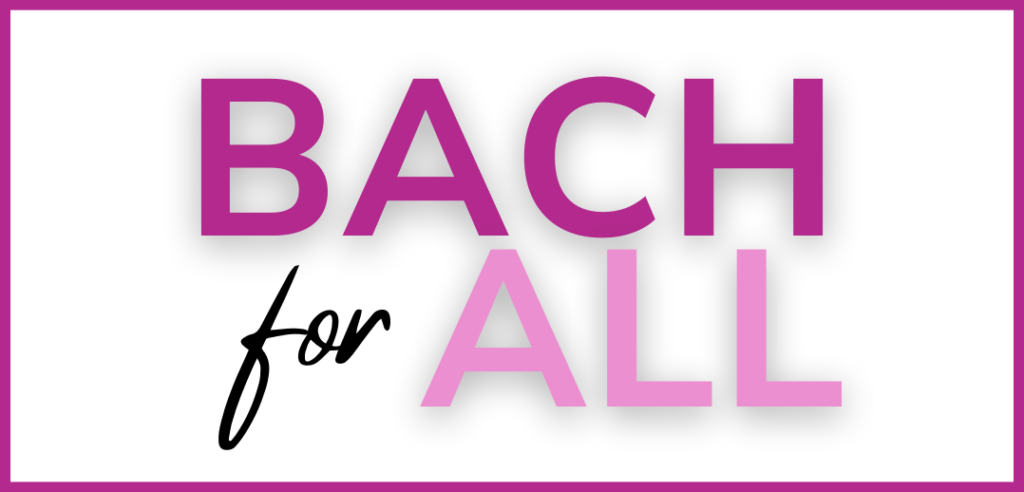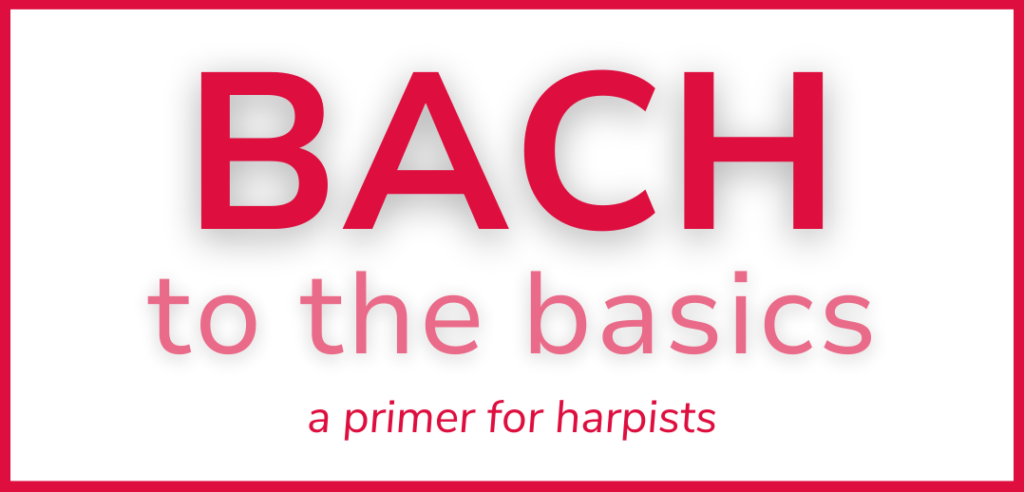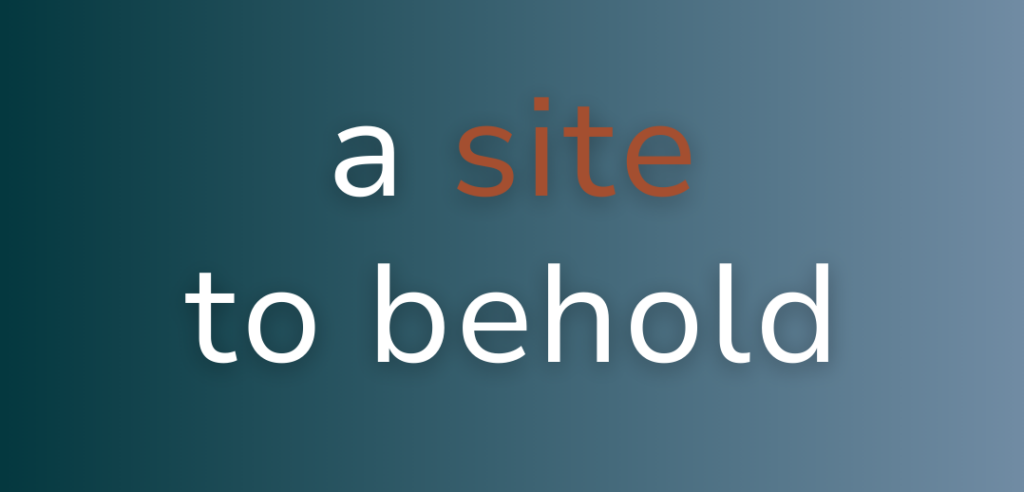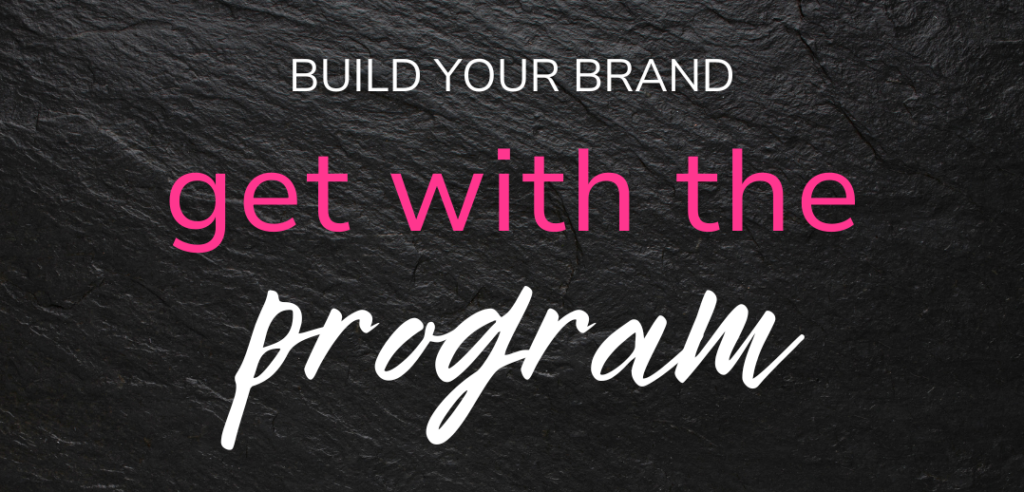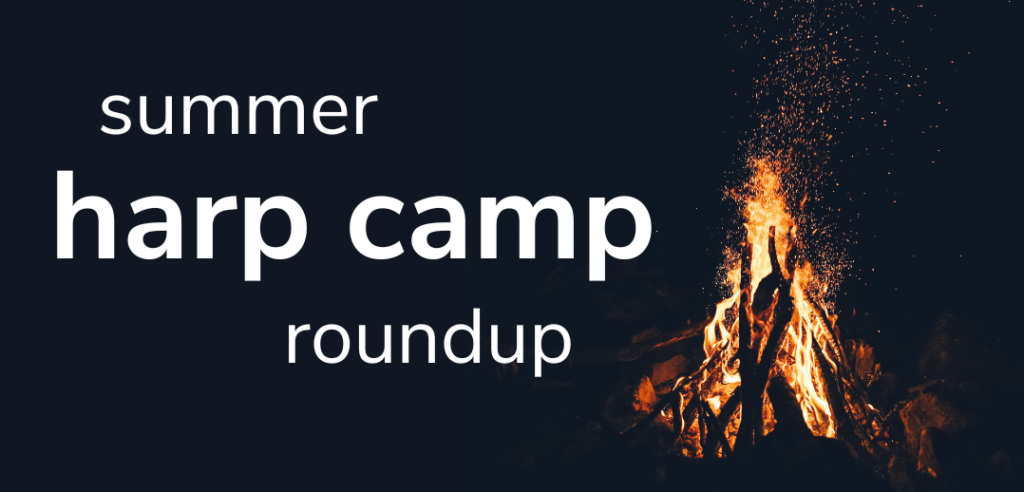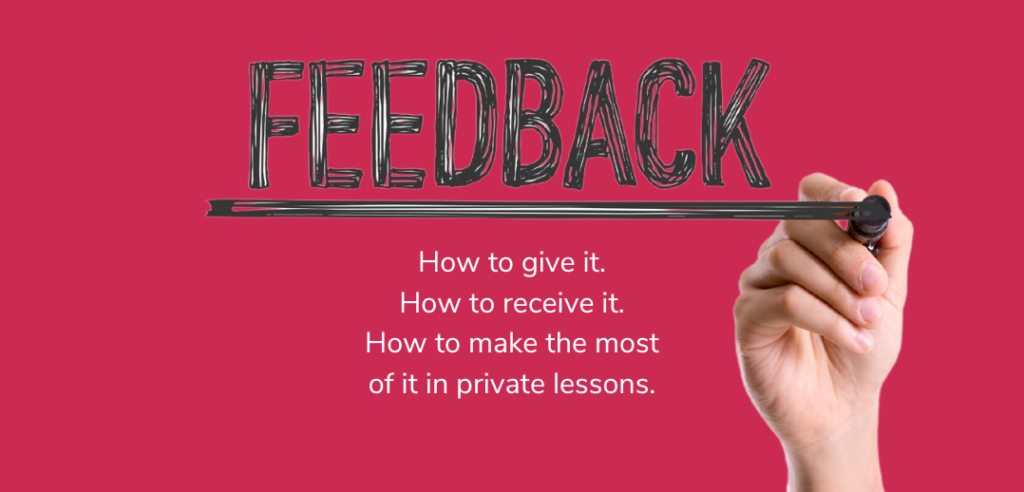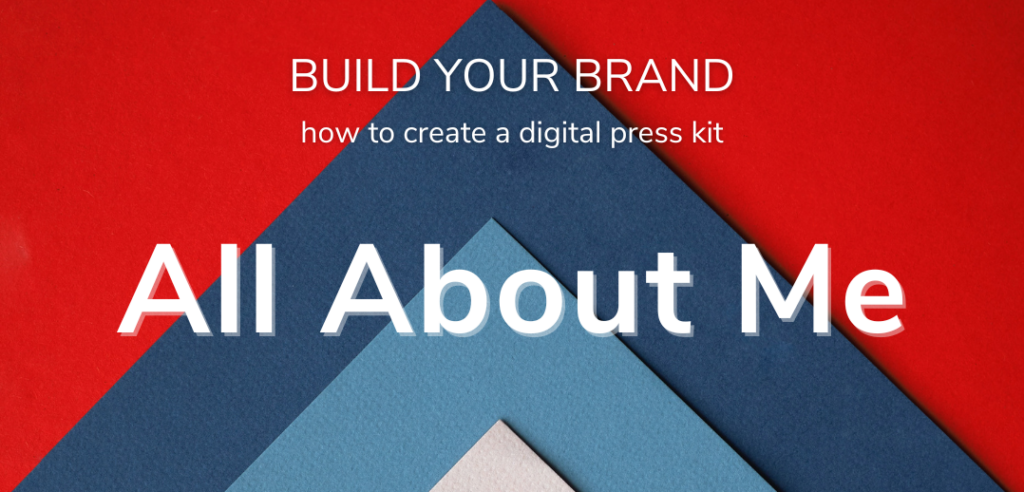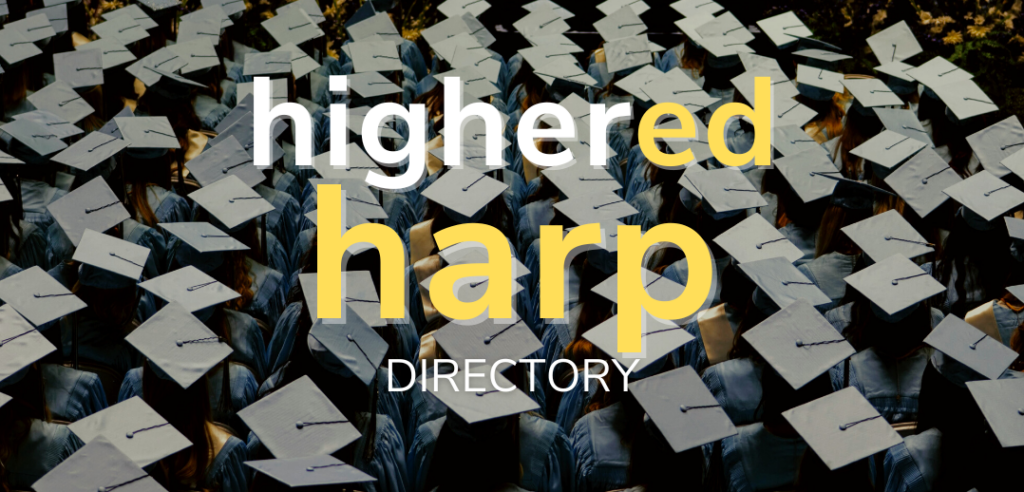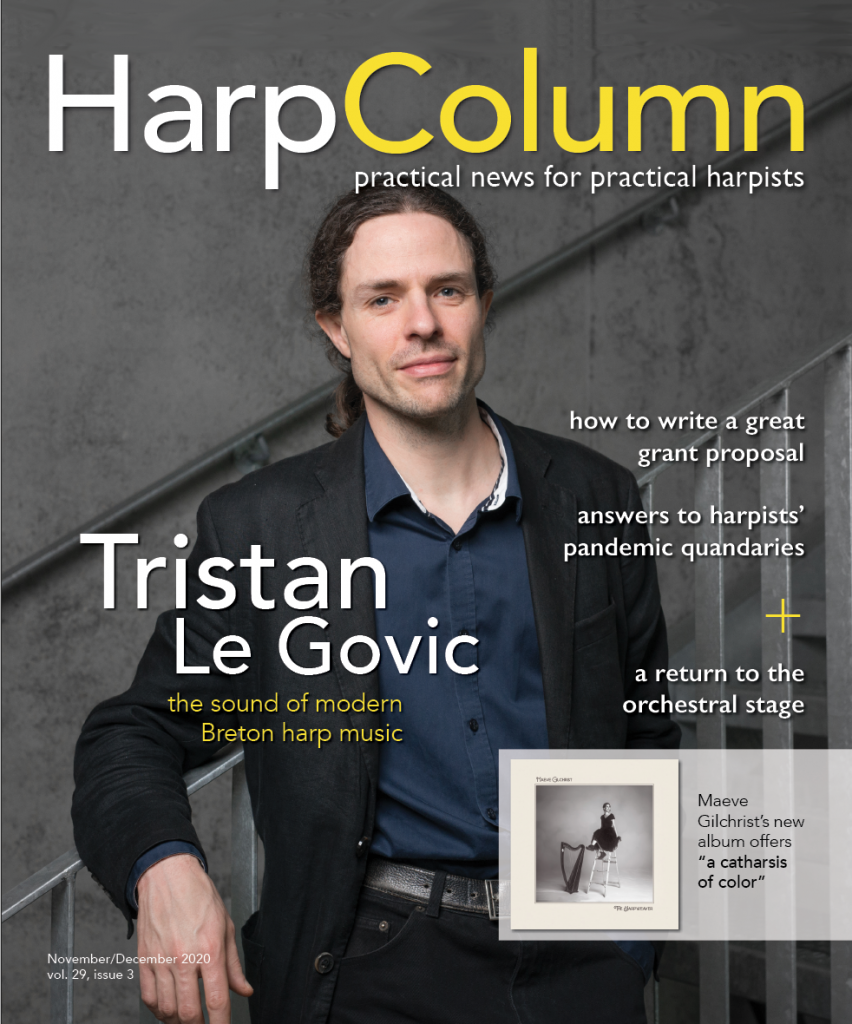Check out more grant-getting tips and resources
Harpists are a creative and imaginative bunch. As you flip through the pages of this magazine, you will see scores of artists putting together fabulous concerts, exciting recordings, and groundbreaking careers that reimagine what music can be. You yourself may be sitting at home coming up with great ideas that you know could change the world. The bottom line, however, is this: how do you pay for it? Concert venues, recording time, musicians, commissions, and equipment all cost money. With lost gigs due to COVID-19, most of us don’t have piles of the green stuff lying around. There are several options for fundraising, of course. Most everyone has seen at least one crowdfunding campaign in their life and may have even tried running one themselves. In the end, however, asking for money from friends and family in this way can be difficult to imagine doing. For some people it can even feel downright embarrassing. You know that the U.S. government provides funding for the arts (you’re always hearing about how it’s being cut), but did you know that you have access to that funding? You know that wealthy benefactors often donate large sums to your local orchestra, but did you know that many of them have foundations that you can apply to? Foundation and government resources such as these are called grants, and they’re not just for organizations. As a professional grant writer, I’d like to share the easy and practical ways that you can access thousands of dollars in funding for arts projects.
For those of you who are not necessarily familiar with what a “grant” is, they are sources of money for specific projects and, unlike loans, you don’t need to pay that money back unless you don’t complete your project. Grants can fund many things that are valuable to musicians: artistic endeavors, residencies, or career advancement initiatives. There are a few different kinds of people or entities that give grants. Sometimes grants are created by wealthy individuals, sometimes they are government programs, sometimes they are funds created by corporations, and sometimes they are private foundations (like the grant made by the American Harp Society), which are looking to fund one specific group of people. No matter who made the grant, however, they will have online guidelines that will tell you what they fund, who they fund, and how to apply.
If you were already familiar with grants, you might now be asking the question: Aren’t grants just for nonprofit organizations? Not really. There are a few grants that fund individual artists outright, and you will find a number of those listed in the sidebar to the right. If you want to win as many grants as possible, however, I recommend you get a fiscal sponsor. A fiscal sponsor will lend you their nonprofit status. This means you can now apply for grants as if you were a nonprofit organization yourself. If you know someone with a music-focused nonprofit, you can ask if they will sponsor you. If you don’t, I recommend pursuing sponsorship through an organization like Fractured Atlas, who will sponsor anyone in exchange for a membership fee or a small percentage of each grant won.
Getting started
Your first step down the road to grant-writing is selecting a project. The biggest key to winning grants is being able to argue that your project, in the end, will make the world a better place. With just a bit of creativity, you can make sure any project has a positive impact. You may think that buying a harp only benefits the harp owner, but if you use the harp to perform free concerts for your community it benefits everyone. If you’re planning to produce a concert, consider adding a performance or two in a public school or nursing home. If you’re planning on creating a recording, maybe it could feature a number of lesser-known living composers, shining a spotlight on artists who deserve and need support. If your art is illuminating a contemporary issue or showcasing a seldom-heard art form, it is worthy of funding as well. You will also need to know your timeline. Keep in mind that after you apply, you usually won’t see a cent of funding for at least six months. If your concert is planned for next week, grants are definitely not for you. I usually start writing grants for projects one year in advance. This gives me time to contact as many foundations as possible before I need to have all my funding in place. It also allows me to dream big and then scale back my project if I am getting close to the date and do not have the money I need.
After you know what you’d like to fund, you’ll need to identify opportunities to apply for funding. First, I would encourage you to look at your city’s department of cultural affairs, your county’s arts commission, and your state’s arts council (names may vary). For example, I selected Minneapolis at random. I have never lived there, so before searching I had no idea what was offered there. Through a Google search I found that the Minneapolis Division of Cultural Affairs allows individuals to apply for grants without needing a nonprofit sponsor, and they can be any kind of artist. Score! The same applies to their county funder (entitled the Metropolitan Regional Arts Council) and the Minnesota State Arts Board. In under three minutes, I already have three viable funding opportunities without even needing a fiscal sponsor.
Next, you can do a simple Google search using a few specific key words at a time. Try things like:
“Texas female musician grant”
“Grants for touring jazz”
“Grants for starting a music camp Alabama”
“Contemporary music performance grant”
“Grants for Latinx musicians”
You’ll be amazed at how much you can find just through a web search. I encourage you to begin putting opportunities with application deadlines in your calendar right away. Even if an opportunity does not have a deadline, I make up a deadline for myself, just so I don’t forget to apply. If you’ve exhausted all of your search ideas and need more opportunities, you will find a huge number of different grant search engines online. These are almost all paid subscription services, however, so I recommend finding as many grants as you can for free before moving on. Once you identify a funder who you feel is generally a good fit, I recommend looking on their website to see what kinds of projects they have funded in the past. This is a great source of inspiration. Adding layers to your project to meet a funder’s goals and priorities can also make for a unique, vital, and exciting piece of art. I love grant writing because it forces me to think about ways that I can make a real difference to the people around me, and who doesn’t want to be doing good deeds with their time?
Next, select a grant and get to work. Make sure the deadline, if there is one, is at least a month away so you have time to gather all the materials. Read the guidelines thoroughly and get as much information as you can from the website. How much money do they usually give? (So you know how much to ask for.) What kinds of projects do they support? Do artists have to be a specific age, gender, or race to apply? Do they offer an educational webinar that will answer your questions? Look for anything that either disqualifies you or makes it obvious that you’re a great fit, and then, give them a call. This notion will horrify and upset many people, but remember that the person picking up the phone is there to help you and is a human being as well. If you call and briefly describe your project, they will be able to tell you whether or not it sounds like a fit. It may be good to have two potential projects in mind so you can ask which they prefer. Don’t be afraid of rejection. Ultimately, it’s much better for them to reject your idea now than after you’ve written pages and pages of project descriptions. If they love your idea, that can encourage you to really sink some time into writing a great application. Sometimes, they will also let you know what will make your project more competitive.
When writing a grant, don’t pretend that you are writing an academic paper. Grant panelists are usually volunteers and other artists who have to read hundreds of these things. They will only stay awake if they feel your passion. I find the best thing to do is to call up someone who doesn’t know about your project and tell them about it, preferably a friend who is really chatty and will ask a lot of questions. Write in the same way that you find yourself speaking with your friend. You would never walk up to someone and say “I am proposing the creation of a concert which will benefit my community in the following way,” so that’s not how you should write. Start with a story. “In 2017 I made an incredible discovery: a series of pieces with such depth of musicality and heart-rending intensity that they made my hair stand on end.” Now I definitely want to hear about your project! In the body of your writing it’s okay to throw in the odd statistic or quote here and there to support your ideas, but mostly stick to the meat and potatoes. Say things to convince the panelists that you are capable of pulling this off. (Your bio can be a great place for this information.) Also, remember that the person reading this likely knows nothing about what you’re talking about. Make sure you’ve got the who, what, and why of the project entirely covered, and, if this is an application with questions, make sure you answer each question completely. It is helpful to have a non-musician read your application to ensure it is clear. In the end, make sure what truly communicates is urgency: why should this art happen, and why should it happen now?
Now that you’ve written a fiery, concise, poignant essay that describes the work well while also communicating its importance, it’s time to do a number of very boring things. You will almost certainly be asked for one or more of the following:
A budget
A budget is an estimate of what your project will cost, broken down into categories. Budgets do not have to be exact, but should demonstrate that you know roughly how much you will spend and that you know what really goes into what you’re doing. If you’re doing something you’ve never done before, ask someone with experience for a complete list of what you’ll need. For example, if someone contacted me and asked what you need to put on a concert, I would say that this is a list of the most basic needs: a venue, musicians, printed programs, printed marketing materials, a budget for advertising, someone to document the concert, and “front of house” (people to take tickets and help the audience). You may also want a lighting designer, sound, equipment rentals, and any number of other things, so think about every minute detail. If you say that you’re planning to put together an opera but you don’t have a conductor in your budget, you’ll look like you have no idea what you’re doing. Once you have your budget line items, call around to people and places and find out what this is going to cost. Even if you don’t end up going with “Sound Guys R Us” for your audio engineer, using their price estimate to make your budget can get you into the right ballpark for what you’re going to end up spending. Don’t worry about having everything set in stone before you submit a grant, but having an accurate budget can also protect you from being financially responsible for unexpected costs once the project begins. Budgets should include predicted income. This should be a realistic picture of what income you can expect (Do you really think you’ll sell 500 tickets?) before you actually have that cash in hand. See the sample budget to the left for examples of what income categories most people use. The most important thing, in the end, is for your income and expenses to be the same, meaning that you are making as much money as you are spending. They don’t want to see you go broke, but they also, unfortunately, don’t want to see you making money outside of what income you have allocated for yourself.
Work samples
Work samples are usually the most important thing for many panelists. Anyone can say they are a brilliant harpist, but no one will truly believe them until they hear their shimmering arpeggios. Work samples are any kind of recordings of your prior work (typically, audio or video). Did you wonder why I said “someone to document the concert” is a critical thing to have above? It’s so you have a work sample to submit next time you have an idea! If you don’t have professional recordings, don’t stress. It is perfectly acceptable to record yourself on your phone if you are new to this. Just be sure that the recordings are related to your proposal and show the full scope of the project. If it includes visual elements, try to incorporate them into your work sample to the best of your ability. If this is not practical, I have submitted drawn sketches and plans for ideas in lieu of recordings with great success.
Letters of support
When a grant panel asks for letters of support (sometimes called “letters of commitment”), this can mean many things. Look in the guidelines for specifics about what they want to see. Often, this means letters from the people involved stating that they support the project and are excited to work with you. This could be a composer you are commissioning, musicians you are collaborating with, or a venue that is featuring your work. Other times, they are looking for a letter of recommendation from someone else in your field. If you do not find clarification in the guidelines for what they want, go ahead and give them a call.
Take the plunge
Finally, you simply need to force yourself to click that “submit” button by the deadline, knowing that you could edit your writing one hundred more times. It will take at least a few months for you to hear back about any grant you apply for, so what do you do during that time? That is up to you. I, personally, never start a project until I have all the necessary funding in my bank account, which sometimes means that I have “invested” personal funds into the project in hopes that I will be able to reimburse myself through ticket sales or more grants. Some people feel comfortable starting right away, knowing that they are taking on financial risk. Others won’t begin until they have grant funds that cover all their costs. The choice is, of course, up to you.
While all grants are unique, and I certainly cannot cover all of the variations of grants that exist in the arts universe, I sincerely hope that this overview gives you the start you need to push your project off from the shore. I am in awe of the incredible creativity that the harpists around me are capable of, and I cannot wait to see your fully funded production, buy your well-produced CD, promote your tour, and see the fruits of the residency or consultation that you will win in the future. •
Elizabeth Huston currently serves as the Executive Director of Synchromy, a composers’ collective in Los Angeles. She also works as a freelance grant writer and harpist, serving organizations across the nation.
Tips and resources
How to (and how not to) get the grant
DO
- Call every foundation and agency you want to apply to, making sure that your project fits their priorities, and ask them questions if you get stuck
- Read the guidelines carefully and fully
- Write with passion and excitement
- Explain why your project benefits your community and aligns with the foundation’s goals
- Collaborate with organizations and other artists to make an even stronger project and proposal
- Send your draft to others for editing
- Make sure your budget is complete and balanced
DON’T
- Submit applications to grant programs that do not fit your project, hoping that they’ll love your idea enough to give you the money anyway
- Allow grammar and spelling errors to slip through the cracks
- Lie
- Use marketing jargon or quotes from the press
- Apply for projects that are happening less than three months from the application deadline
- Assume that the person reading your application is a musician
What can I fund with grants?
- Concerts
- Recordings
- Educational projects or programs
- Residencies and fellowships
- Conference attendance (especially if you are presenting)
- Consultations or lessons (including necessary travel)
- Equipment and instrument purchases (these are called “capital campaigns” in grant lingo)
- Music therapy projects
- Tours
- Community engagement initiatives
- Festivals, workshops, and parades
- Pop-up events
- Research and publications
Knowing where to look
The grants are out there, you just have to find them. Here’s a small selection of grants for individual artists or fiscally sponsored artists:
USArtists International (touring)
Sample concert budget
A budget is a key component of most grant applications. Note how the expense and income totals in this sample budget are the same.






